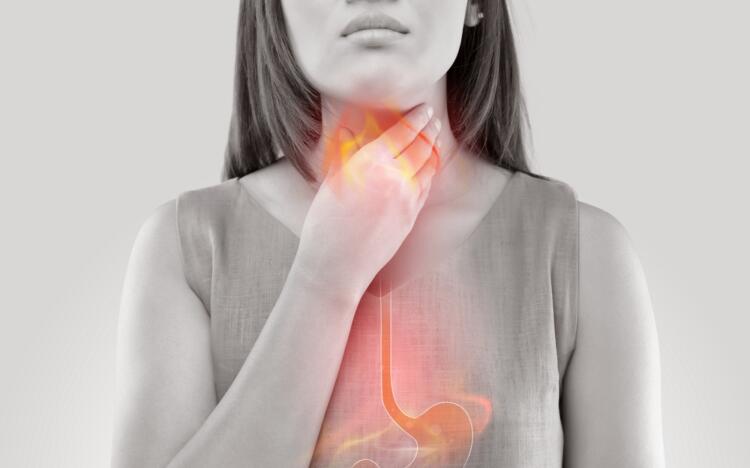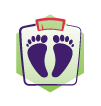After completing an initial course of low or standard dose PPIs, many people can reduce the amount of medicine they take and still maintain control of their symptoms. Up to 6 out of 10 people can also stop taking PPIs without their symptoms returning.
For these reasons, your health professional may ask you to return for a review after you have completed your initial course of treatment. If your symptoms are well controlled, your health professional may suggest trying to reduce your PPI medicine by:
- lowering your PPI dose
- taking your PPI on alternate days
- taking your PPI only when you get symptoms
- stopping your PPI.
Some people with GORD need to continue taking PPIs over a longer period. Also, there are other conditions you may have that need ongoing PPI treatment.
Remember that lifestyle changes remain an important part of managing GORD. After you have stopped taking a PPI, lifestyle changes become even more important in controlling your reflux symptoms.
Rebound acid hypersecretion
If PPIs are stopped suddenly, reflux symptoms may return for around 4–5 days because of what is known as rebound acid hypersecretion. This occurs when the stomach has become used to a PPI and starts producing more acid. Some over-the-counter medicines can help relieve symptoms while the stomach readjusts to no longer needing a PPI.
To reduce the risk of rebound acid hypersecretion, your health professional may ask you to gradually lower your PPI dose before stopping. This may mean taking a lower dose of PPI medicine, or taking it only on alternate days. Your reflux symptoms may change over time, so the dose of PPI you need may also change. Your health professional can help you to manage this.






